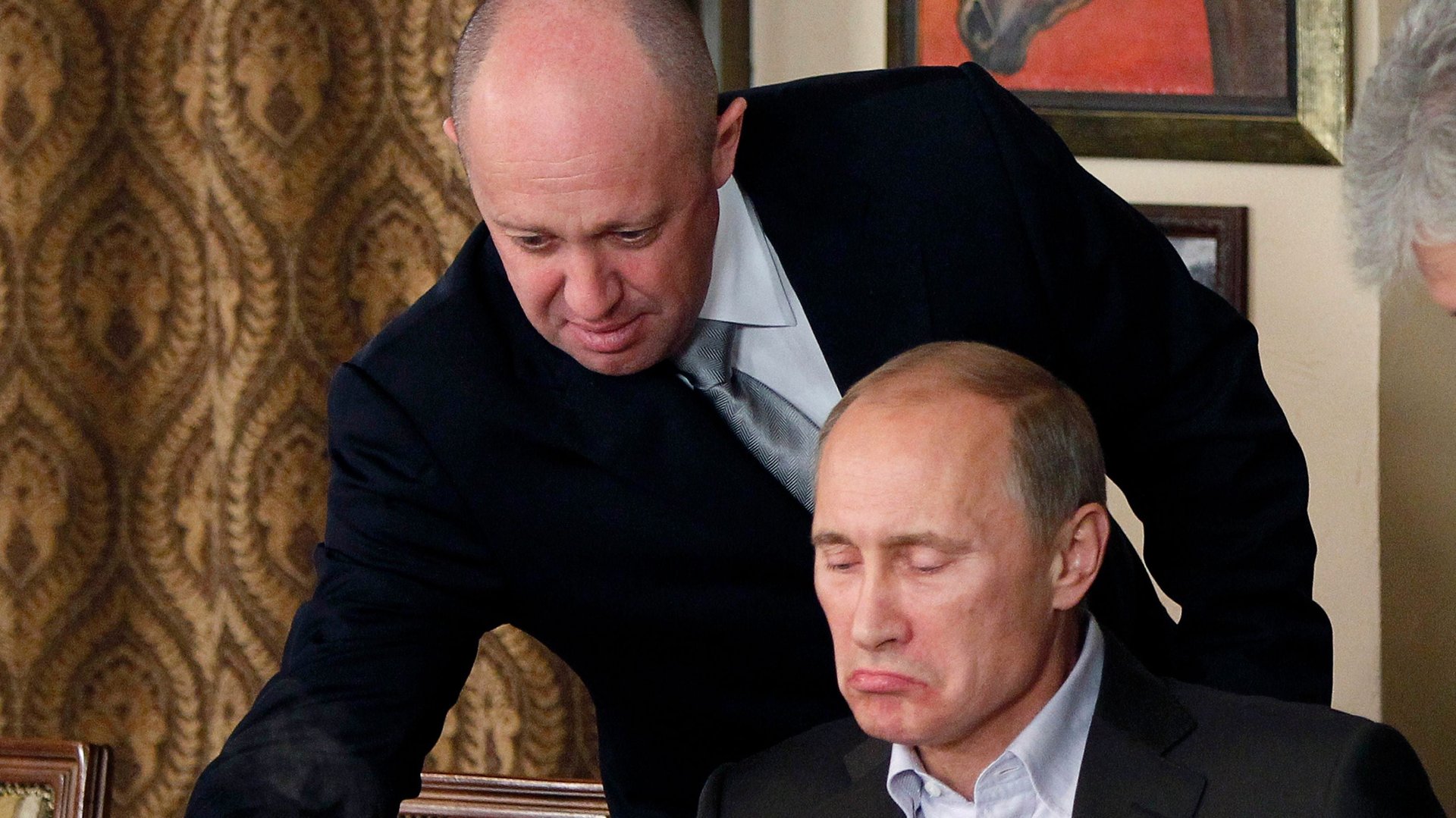Millions of exposed tweets by Russian bots highlight how much trash is on Twitter
On Oct. 17, Twitter published more than 10 million tweets by around 4,600 Russian and Iranian-linked propaganda accounts, giving researchers an inside view of the countries’ disinformation efforts.


On Oct. 17, Twitter published more than 10 million tweets by around 4,600 Russian and Iranian-linked propaganda accounts, giving researchers an inside view of the countries’ disinformation efforts.
In doing so, the platform also highlighted how riddled it is with even more junk. Twitter claimed that the data included “all the accounts and related content associated with potential information operations.” However, not long after the company posted it, researchers began revealing many other apparently Russia-linked accounts overlooked by Twitter.
Independent researcher Josh Russell published a list of 70 accounts—later removed by Twitter—that he said was a subset of a much larger group affiliated with Russia’s Internet Research Agency. BuzzFeed reported that a dormant network of bots linked to Russia was still online, last seen posting about Coachella and Taco Bell.
Jonathon Morgan, CEO of New Knowledge, a security firm that monitors online disinformation, showed BuzzFeed those profiles, and says he is currently tracking a network of around 800 accounts that he believes are linked to Russia—none of which were picked up in Twitter’s data.
All this underlines that “there’s a pretty significant part of the social internet that’s just a layer of shit,” Morgan says. “Among the hundreds of millions and billions of accounts there’s a pretty significant proportion that’s not real, not authentic human beings having communications with each other—it’s mechanized engagement fraud; attention fraud.”
This swath of social media is made up of a black marketplace of fake accounts, which actors ranging from the relatively harmless, like Coachella, to the nefarious—like Russian propagandists—can rent out. These accounts sit dormant until they are hired, and then spring into action, falsely amplifying tweets and hashtags so that more people see them.
There’s no way of making a credible guess as to how many of these accounts are out there, Morgan says, but platforms beyond Twitter are just as sullied. New Knowledge’s trawl through Twitter’s new data showed that many of the Russian accounts had corollaries on Facebook, Telegram, LiveJournal, and elsewhere.
One example gives a hint at the size of the problem—in early 2018, Facebook deleted 583 million fake accounts. That’s a fake account for about 8% of the world’s population. “No one really seemed to notice,” Morgan says.